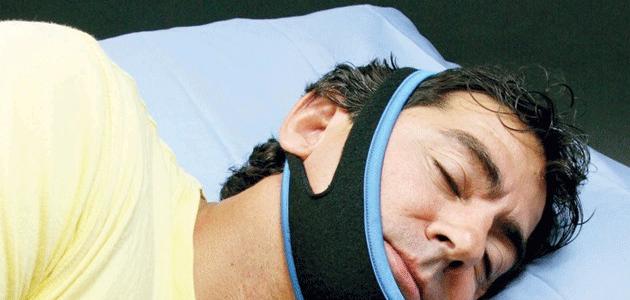Vertigo
Vertigo is defined as the feeling of losing balance in the body, or the rotation of the body, or the surrounding place and objects (dizziness). In most cases, this feeling may be accompanied by poor vision in the affected person, pain in the extremities, a feeling of nausea and vomiting, an accelerated heartbeat, and paleness. Skin color, and intense sweating.
How does vertigo occur?
Vertigo occurs as a result of an imbalance in the balance centers in the inner ear, as this region determines the state of proprioception, which in turn determines the state of balance of the body, as the occurrence of any problem in this system automatically leads to dizziness, and in some cases the causes of vertigo occur outside the limits of The inner ear area. For this to happen, the body is afflicted with some type of disease that affects the rate of blood flow to the head area, specifically the brain, such as a disturbance in blood pressure, low or high, or in the case of anemia, and a disturbance in blood sugar levels or levels.
Causes of dizziness
Physical causes
- Peripheral vertigo: It occurs due to a disorder in the ear area, specifically in the balance nerve, and this is accompanied by a general weakness in the affected person’s sense of hearing in most cases, except in the case of viral infections in the balance nerve area.
- Central vertigo: An imbalance occurs in the brain area, resulting from exposure to severe bleeding in the brain, or as a result of cancerous cerebellar tumors.
- Corrosive disease and hereditary damage that affects the nervous system, in addition to microbial infections that affect the brain, accompanied by accumulations of pus around central balance points, inflammation of the middle ear, or diseases related to the heart muscle.
Read also:Olive oil for the ear
Non-physical causes
The feeling of dizziness is also due to other reasons that are not related to the health of the body (non-physical), and these reasons are closely related to daily life practices, such as exposure to continuous psychological and nervous pressures, or the occurrence of severe bleeding, especially from the nose area, and sustaining blows to the face, head or neck area. Severe dehydration in the body as a result of not drinking water and fluids for long periods, excessive exposure to sunlight, especially at peak times, i.e. from eleven in the afternoon until four in the afternoon, insomnia, staying up late or lack of hours of sleep, great physical stress, and performing tiring muscle activities without taking a rest. Dizziness can occur as a result of taking some types of medications, i.e. side effects of those medications. In these cases, we recommend giving the body its right of daily sleep and relaxation, reducing the head position to a lower position, and replacing medications that cause dizziness with other medications that achieve the purpose without causing dizziness.
Read also:Treatment of ear fungus








